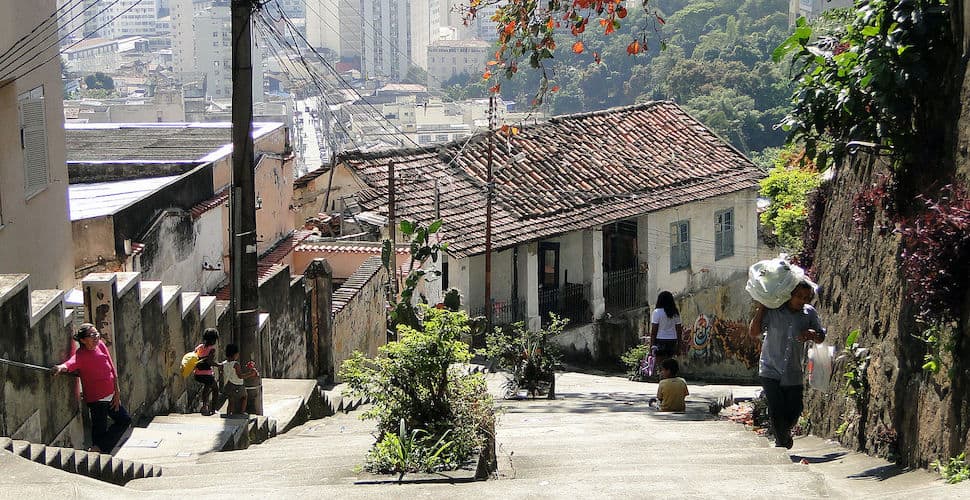Brazil received considerably more complaints of slave-like working conditions in 2019 than 2018. But officials reported on Tuesday that the number of people actually found to be working in such conditions dropped dramatically, raising serious concerns about the government’s ability to fight modern slavery.
According to the Labor Inspection Secretariat, the number of workers discovered by labor inspectors in slave-like conditions fell almost 40% from 1,754 in 2018 to 1,054 in 2019—despite an 8% increase in slavery complaints received by the Labor’s Prosecutor’s Office.
Campaigners in the anti-slavery movement fear we are seeing the effects of the severe lack of funds and personnel faced by the government body responsible for fighting modern slavery, which labor officials last April complained was in a “calamitous” state.
Officials also reported that modern slavery cases in Brazil are increasingly scattered across different workplaces and industries, putting further strain on the government’s limited resources to rescue potential victims.
The Thomson Reuters Foundation reports:
“The Division of Inspection for the Eradication of Slave Labor has serious budget restrictions with a very drastic reduction in personnel,” said Lys Sobral Cardoso, Brazil’s leading anti-slavery labor prosecutor.
“The fragmentation of companies, the outsourcing on a large scale make it difficult to locate workers who are no longer concentrated in larger establishments,” Sobral Cardoso said.
Companies violating the law are becoming better at eluding inspectors, officials also said.
“They know how to hide, and they are increasingly difficult to find,” said Matheus Alves Viana, interim head of the Division of Inspection for the Eradication of Slave Labor, at a news conference in Brasilia.
The Labor Prosecutor’s Office reported that it has 1,700 open cases involving slave-like working conditions, which in Brazil includes forced labor, debt bondage, degrading work conditions, long hours that pose risk to health, and violation of human dignity.
Modern slavery remains a serious problem in Brazil, where traffickers take advantage of the country’s vast tracts of remote countryside to exploit workers in industries from coffee to sugar. Most victims are young, illiterate men from poor rural communities.
Brazil is currently ranked a Tier 2 country in the US State Department’s Trafficking in Persons Report, meaning it does not meet minimum standards for ending human trafficking but is making significant efforts to do so.
However, the country is unlikely to leave Tier 2 while its government’s ability to fight modern slavery is compromised by lack of resources.







Freedom United is interested in hearing from our community and welcomes relevant, informed comments, advice, and insights that advance the conversation around our campaigns and advocacy. We value inclusivity and respect within our community. To be approved, your comments should be civil.
It is not just that the government lacks ability to fight modern slavery… it lacks interest and and will. Actually, it is quite the opposite, since the current government here in Brazil is an indirect (or sometimes quite literal) encourager of slavery-like pratices. Brazil is in a very, very dark place right now, in many ways, and the future is not very hopeful as well…